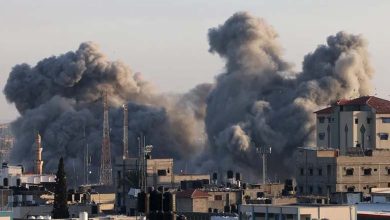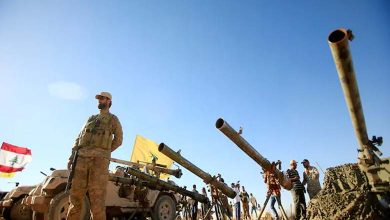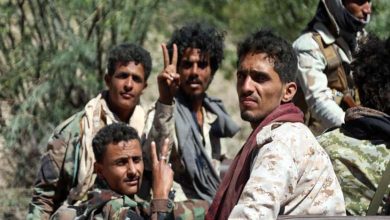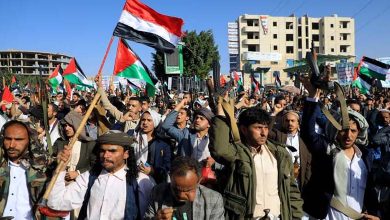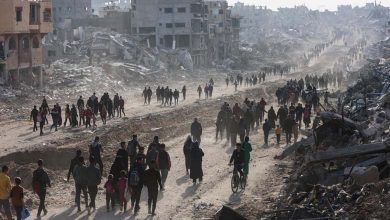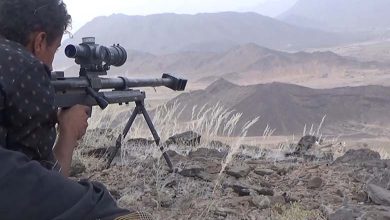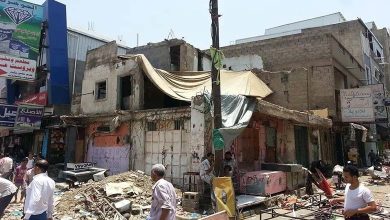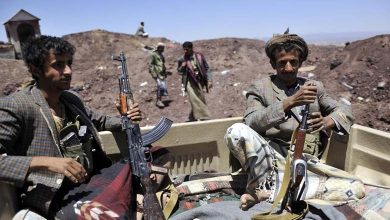Iraqi-Jordanian Agreement to Expand Trade and Energy Relations
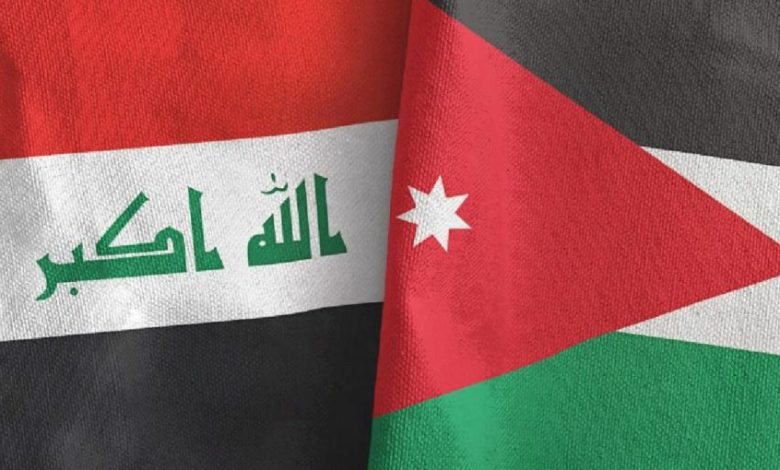
The Iraqi Prime Minister called for the completion of the economic city on the Iraq-Jordan border, while his Jordanian counterpart mentioned discussions regarding the “Basra-Aqaba” oil pipeline project and promising explorations on the borders with Iraq.
Iraqi Prime Minister, Mohammed Shia’ Al Sudani, confirmed the agreement to enhance trade movement with Jordan, and his Jordanian counterpart, Bisher Al-Khasawneh, highlighted progress in implementing the Iraqi oil pipeline project to Aqaba, following talks that focused on economic and investment aspects, in addition to political and security files.
During a joint press conference on Monday evening, Al Sudani and Al-Khasawneh mentioned that the discussions covered “important issues related to economic, health, food, and public security.”
Al Sudani stated that “the Iraqi government affirms the balanced policy it has pursued over the past period through a participatory relationship with regional countries, especially Jordan. We emphasize the elevation of Arab communication and coordination on various issues.”
He added, “Talks on security cooperation were present during the meetings, confirming the need for further coordination to thwart any attempt to disrupt security, as well as addressing other levels and effectively confronting the challenge of drugs.”
Economically, Al Sudani affirmed “support for cooperation between the Iraqi and Jordanian private sectors and support for the work of the Iraqi-Jordanian Business Council in investing in housing, industry, and agriculture projects.”
He pointed out that the discussions also covered “the affirmation of important projects, especially the economic city,” stating that “Iraq supports completing the steps in this regard.” He also mentioned new understandings regarding the establishment of an industrial city on the border “utilizing Iraqi natural resources and meeting the market needs for petrochemicals and fertilizers.”
Al Sudani also spoke about steps taken by both sides to “facilitate trade and free business movement, by easing entry visas to allow businesspeople to move freely and increasing the number of flights.”
He touched upon the Palestinian issue, reaffirming “Iraq’s consistent position in support of the Palestinian right to land and history, and rejecting all practices against the Palestinian people.”
The Iraqi Prime Minister strongly emphasized “rejecting the insult to Islamic sanctities,” stating that “these recurring incidents have no value in the realm of freedom of expression and opinion, but will create an environment of extremism that Iraq and the region have suffered from,” urging all Arab and Islamic countries to “take a joint and resolute stance against these insults.”
Iraq condemned the repeated burning of the Quran and its flag in front of the Iraqi embassies in Denmark and Sweden.
Last Thursday, the Iraqi Prime Minister ordered the withdrawal of the Iraqi chargé d’affaires in Stockholm and the departure of the Swedish ambassador to Iraq.
In turn, the Jordanian Prime Minister stated that the discussions in Baghdad “provided an opportunity to exchange views on political positions, on which we almost reach convergence.” He also mentioned “agreement to continue security and military coordination to combat terrorism and extremism, as well as taking practical steps in the drug file.”
Regarding the economic and energy sector, Al-Khasawneh revealed that the first phase of the electricity linkage project with Iraq will be completed next month, expressing hope for the rapid completion of the second phase within a year and a half.
He also pointed out the “serious exploration on the Iraqi borders that may allow for important industries benefiting both countries.” He mentioned a request approved by Iraq to “benefit from Iraq’s expertise in oil exploration and the use of some Iraqi equipment.”
Regarding the Palestinian issue, Al-Khasawneh stressed the “Jordanian position calling for a political horizon based on a two-state solution, with an independent Palestinian state along the 1967 lines with East Jerusalem as its capital.”
He also affirmed that “Jordan continues its responsibility to protect Islamic and Christian sanctities in Jerusalem, based on the historical Hashemite guardianship.” He stated that Jordan “will not allow any change in the legal and historical status of Jerusalem until the end of the Israeli occupation within the framework of a two-state solution.”
Al-Khasawneh arrived in the Iraqi capital, Baghdad, on Monday as part of a two-day working visit, and chaired an expanded meeting of the Iraqi-Jordanian Joint Committee, including ministers and representatives from the private sectors of both countries.
Recently, the alliance between Jordan, Iraq, and Egypt has been referred to as the “New Levant” after being discussed during several summits between the three countries.


